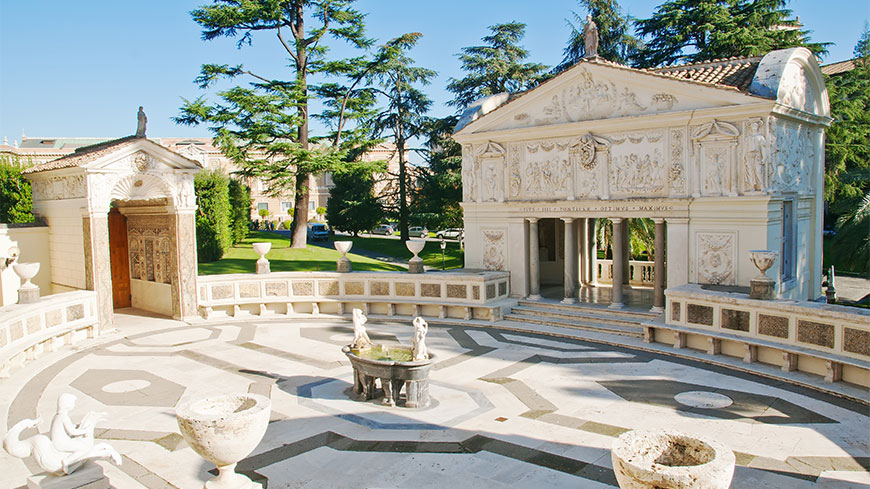The Council of Europe’s EDQM has participated last week in the Summit on Organ Trafficking and Transplant Tourism organised by the Pontifical Academy of Sciences of the Vatican State to raise awareness on organ trafficking and human trafficking for the purpose of organ removal. On the occasion, the EDQM provided its contribution to a Statement, signed by all participants at the Summit, pledging their commitment to promoting ethical organ donation.
The Statement on Organ Trafficking and Transplant Tourism proposes a set of recommendations to governments, judiciary and religious leaders, as well as professional healthcare organisations and the general public, for combating organ trafficking and related illicit practices at a global level. In particular, it stresses the importance of legal instruments against trafficking in human organs, and calls on all governments across the world to establish and implement legal frameworks, such as the one foreseen by the Convention against Trafficking in Human Organs of the Council of Europe (CoE).
Echoing the recommendations in the Statement, Dr Margaret Chan, Director General of the World Health Organisation (WHO), issued a message stressing the importance for all governments to become a Party to the CoE Convention against Trafficking in Human Organs, as a means to prevent “the affront to human dignity that occurs when desperate people sell body parts and equally desperate people buy them”.
Trafficking in human organs and trafficking in human beings for the purpose of organ removal have global proportions, with transnational organised crime groups profiting from the often vulnerable situations of donors and recipients. These crimes are not circumscribed to single countries, as groups often operate throughout regions where laws against the sale or purchase of human organs are marred by loopholes or are poorly enforced. The CoE’s Convention against Trafficking in Human Organs has a global dimension for the very purpose of setting a global and common approach to the problem, and for this reason, the CoE Convention is open to any country around the world.
Organ shortage around the world is the root cause of organ trafficking. Therefore, since 1987, the work of the Council of Europe in the area of substances of human origin has aimed at establishing ethical, safety and quality standards in the field of organ donation and transplantation, and at promoting the non-commercialisation of organ donation and the fight against organ trafficking.
The Summit on Organ Trafficking and Transplant Tourism marks a milestone for having brought together more than 70 signatories from all over the world, and reaching consensus conclusions and recommendations, which will deeply influence and guide many nations in the fight against the crime of organ trafficking.


